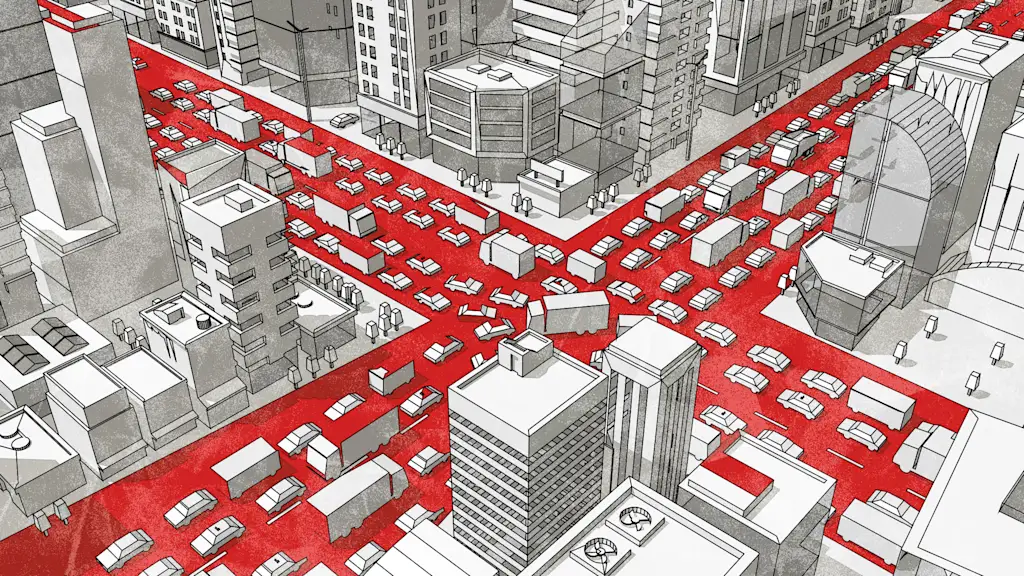
"Car-centric planning has hollowed out our cities. Zoning regulations, freeways, and cheap fuel gave rise to sprawling suburbs and isolated communities, dependent on personal vehicles for even the most basic tasks. It's a system that punishes the poor, marginalizes the elderly and disabled, and makes public life thinner and more precarious. The car promised freedom, and delivered debt, pollution, and dependence."
"Meanwhile, local governments, seduced by auto industry lobbying and federal subsidies, doubled down on road-building and car-friendly development. The result is a vicious cycle: more cars mean more roads; more roads mean more sprawl; more sprawl means more cars. And all of it costs taxpayers dearly. Cities are now stuck maintaining bloated road networks while struggling to fund basic services like public transit, schools, and housing."
"First, we must redesign our cities around people, not cars. This begins with reallocating space. Cars are the most spatially inefficient form of transport ever invented. They sit idle 95% of the time, yet take up 50% or more of urban space in some cities. The solution? Reduce car lanes. Convert parking lots into housing, green space, or local commerce. Make streets walkable and bikeable by default, not as an afterthought."
The modern city is paradoxical: designed to bring people together but isolating residents through traffic, debt, and air pollution. Cities were built around cars through a century-long alignment of public infrastructure and private industry, creating a car-industrial complex. Car-centric planning produced zoning rules, freeways, and cheap fuel that spawned sprawling suburbs dependent on personal vehicles. The system burdens low-income residents, the elderly, and the disabled while eroding public life and costly municipal road networks. Reversing this requires redesigning urban space for people: reducing car lanes, converting parking into housing, parks, or commerce, and prioritizing walkable, bikeable streets and transit.
Read at Fast Company
Unable to calculate read time
Collection
[
|
...
]